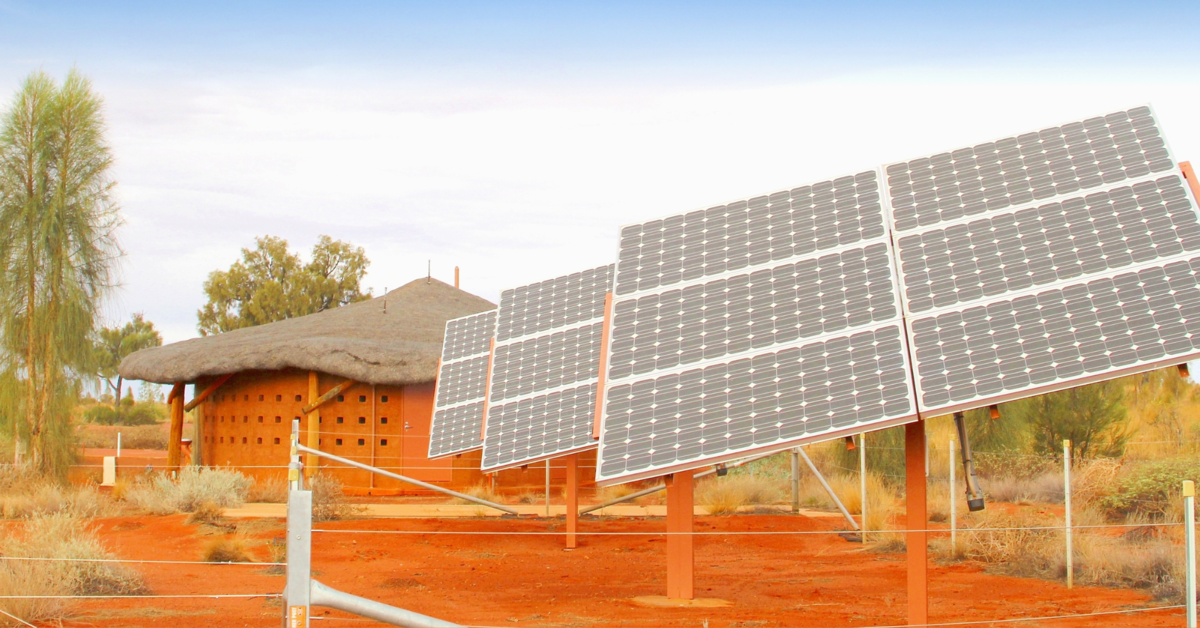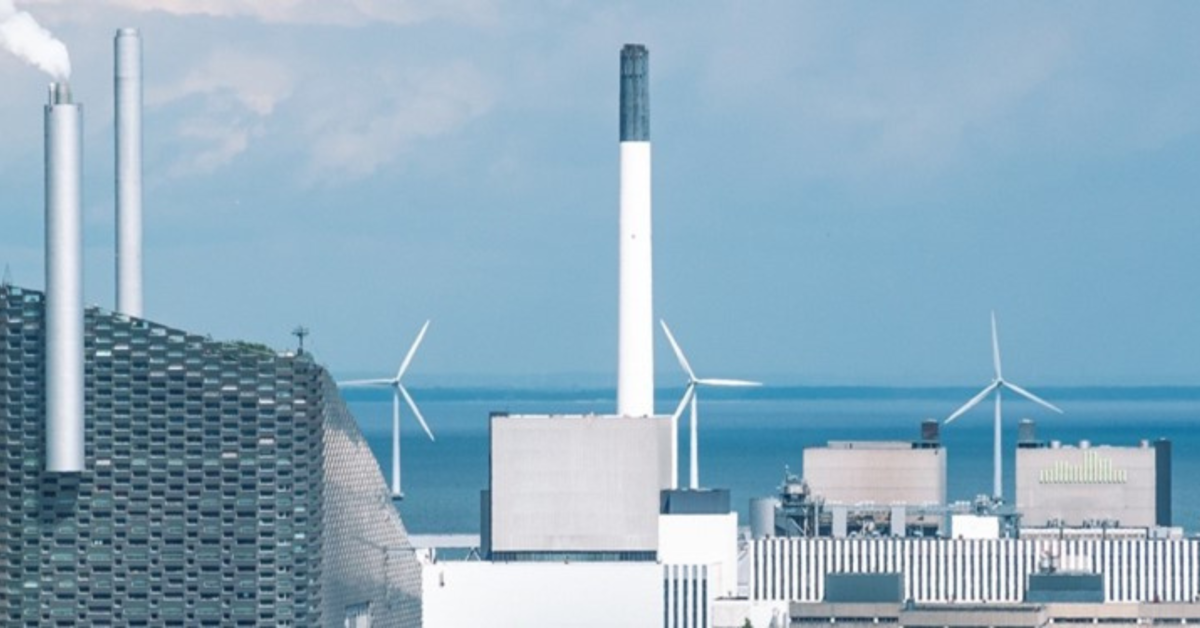Five Facts to Know: After the European Parliament Elections
At a Glance
The results are in from the European Parliament elections held across the 27 European Union member states on June 6–9. The pre-vote polling we outlined in our pre-election primer proved remarkably accurate: 406 of the 720 new Members of the European Parliament (MEPs) now sit in the centrist political groups, but the nationalist right and far right did gain significantly from the liberal-centrists and the Greens.
Attention in Brussels has shifted to possible changes to the political groups. MEPs from national parties who have no existing home within the pan-European groups, who have become homeless over the last five years, or who have fallen out with their current housemates, are now being courted and are also seeking to make common ground with others. Changes are possible until mid-July.
Eyes are also on the appointment of the next President of the European Commission, with Ursula von der Leyen still the front-runner, and the European Council (Heads of State and Government) still likely to agree on a name on June 27-28, along with other key European appointments. The European Parliament could approve that person as early as July 18.
The European Council is also due to agree by end of June its common take on future policy priorities for the EU. The so-called Strategic Agenda plays an outsized role in shaping relative priorities within the future Commission President’s program. Current drafts confirm an approach anchored in bolstering freedom and democracy, strengthening EU defense, security, and borders, and improving Europe’s global competitiveness.
The surprise of the European election aftermath was French President Emmanuel Macron’s decision, in light of the performance of the French far right compared to his own party, to call national legislative (parliamentary) elections which will take place over two rounds on June 30 and July 7.
Here are five facts to know after the European Parliament elections:
1. THE CENTER HELD AND THE HARD RIGHT GAINED

Results from the European Parliament elections started emerging on the evening of Sunday, June 9. By Friday, June 14, we had a fairly clear picture of the votes cast and the state of the national parties.
The aggregated results show the balance of seats in the European Parliament based on national parties’ current membership of political groups, always with the proviso that these could change.
The results were in line with pre-election opinion polling. The main developments are:
- The center held: The center-right European People’s Party group (EPP) and center-left Socialists & Democrats (S&D) group have broadly the same proportion of seats as in the last parliament. Together with the liberal-centrist Renew Europe group, they hold 56% of the seats.
- Within the EPP group, the German CDU/CSU retained their position as the largest party in the German delegation as well as the largest national delegation within the EPP group. The Spanish Partido Popular (EPP) made gains at the expense of Ciudadanos (Renew), and the KO coalition in Poland (EPP) made gains from the former government party PiS (ECR). The Spanish and Polish contingents within the EPP are also large.
- Italian and Spanish parties form the largest national delegations within the S&D group, followed by German, French and Romanian parties.
- The hard right gained: The nationalist right ECR group and far right parties—including those within the ID group, existing non-aligned (NI) parties, and newly elected parties in the Others category—made gains at the expense of the liberal-centrist Renew group and the Green group. Notably:
- In France, the gains of the far right Rassemblement National (ID) mostly reflected the losses of President Macron’s party (Renew);
- In Germany, the Alternative für Deutschland (NI) now has 15 MEPs, compared to 9 in the last parliament. The German Greens fell significantly from 21 to 12 MEPs.
- In Italy, the party of Prime Minister Giorgia Meloni (ECR) becomes the largest in the Italian delegation, at the expense of Deputy Prime Minister Matteo Salvini’s Lega (ID), which has fallen from 22 seats to just 8.
These two developments happened in parallel. They are not alternative readings of the results. There has been an overall shift to the right in the balance of the parliament: If you place aligned MEPs on a left-right spectrum, the median MEP in the last parliament was in the liberal-centrist Renew Europe group; now, the median MEP is in the center-right EPP group. But there are plenty of members in the most centrist groups who can still work together to reach a majority consensus. And the EU system positively thrives on consensus: Without a right to initiate legislation, the parliament has to reach internal compromises to take position on the laws proposed by the European Commission. It then has to compromise further in legislative negotiations with the national governments in the Council, whose position is itself a further compromise.
2. NO CREDIBLE NATIONALIST AND FAIR RIGHT PACT
The overall shift to the right has led to some speculation that the center-right, nationalist right, and far right could agree to work closely together to force a more right-leaning agenda in the European Parliament and in the EU more generally. This idea is far-fetched for the following reasons:
- The European Parliament cannot propose legislation and does not legislate alone: Only the European Commission can propose legislation in the EU system, and negotiations between the European Parliament and national governments in the Council are needed to make legislation. A right wing “pact” within the parliament would not be sufficient.
- The center-right EPP is not ready to abandon its centrist partners: The EPP and S&D groups have a long history of close collaboration. Ursula von der Leyen and other EPP figures have been clear that their first port of call remains their traditional partners. The centrist groups in the European Parliament have traditionally maintained a cordon sanitaire between themselves and the far right. This is not easily abandoned.
- The math doesn’t work in the parliament: The EPP and the nationalist-conservative right ECR and far right ID groups currently have 324 (45%) of the 720 seats in the parliament. They could not form a stable ongoing arrangement to ensure legislation passed on a range of issues.
- The groups and parties have limited common ground: The national parties which form the groups of the nationalist right and far right have found it difficult to remain united because of their different views and approaches on a range of issues, including significant questions like EU support to Ukraine.
It is more likely that the broader discussions in the European Council and with political groups could lead to the next European Commission making some proposals—perhaps on immigration—which include some elements designed to appeal to the nationalist right, in particular.
3. VON DER LEYEN LIKELY AS COMMISSION HEAD
The solid performance of the EPP group and the majority of the centrist groups makes it likely that the European Council will nominate Ursula von der Leyen as the President of the next Commission, and that she will be able to build enough support to achieve the simple majority in parliament which is needed. Although EU Heads of State and Government did not agree on senior EU appointments when they met informally on June 17, they will meet again on June 28–29, and there is currently no obvious alternative to von der Leyen.
- The package of appointments is also set to include former Portuguese prime minister António Costa (S&D) as European Council President, Maltese MEP Roberta Metsola (EPP) as European Parliament President for a further term, and Estonian Prime Minister Kaja Kallas (Renew) as EU foreign policy chief.
- It would be unusual—but not unprecedented—for the European Council to ditch von der Leyen and name a different Commission President. A major factor in their choice is likely to be whether a candidate who is acceptable both personally and politically to European leaders can also demonstrate they can secure the majority in parliament to approve their appointment without making policy or budgetary commitments which are beyond the pale for national governments.
- The European Parliament could be asked to approve the Commission President as early as July 18, but the timeline does not have to be decided for several weeks.
4. CLIMATE ACTION STAYS
The EU’s commitment to climate neutrality by 2050 and most of the measures agreed over the last five years under the EU Green Deal were always set to stay. The European Parliament election results give no reason to abandon environmental legislation. On June 17, Environment ministers narrowly approved the controversial EU Nature Restoration Law, a further plank of the Green Deal and one which was not supported by the governments of Belgium, Italy, Hungary, the Netherlands, Sweden, Finland, and Poland. The Austrian (Green) minister voted in favor, against the wishes of her coalition partners. This is better seen as a last gasp of the existing environmental focus than a signal of future plans.
The draft of the European Council’s planned policy focus for the EU, currently circulating unofficially in Brussels and drafted after the election results were known, portrays the green and digital transitions as drivers for EU global competitiveness, including explicitly the 2050 climate neutrality commitment. The current favorite among green policies which might need to be re-thought is the EU plan to phase out the internal combustion engine by 2035. The German center-right made its reversal a manifesto pledge for the European elections. But a 2026 review was penciled in before the ink was even dry on the legislation agreed in 2022, and several European car manufacturers now suggest that reversing the ban would not be in their interest.
5. FRANCE IS DISTRACTED, NOT OUT
President Macron’s decision to call snap legislative elections in France as soon as the scale of the vote for the far right Rassemblement National was known sent shock waves through Brussels. Like others, EU observers see the elections as a gamble. But the immediate effect for the EU is limited: President Macron will continue to represent France in European Council meetings, although his influence may be a little reduced, and the June 30/July 7 timetable for the French elections is also unlikely to affect EU plans. The French far right did not support Ursula von der Leyen as future Commission President in any case. Whatever the outcome of the elections, it now seems unlikely that Thierry Breton, the current European Commissioner from France, and a key player in the establishment of the EU’s digital rulebook, will be nominated for a further term.
In this year of EU transition and with political change affecting so many EU member states, global companies benefit from specialist EU public affairs and government relations advice. With over 50 team members, EGA Brussels has the experience and skills to help you navigate the EU institutions within their wider context. Our subject experts offer deep knowledge of EU-level policies in their specialist areas along with familiarity with policies in EU member states and global awareness. We connect your business priorities to the policies and politics of the European Union. For further information, please contact EGA’s Europe team at Rocco.Renaldi@edelmanEGA.com or David.Bates@edelmanEGA.com.



